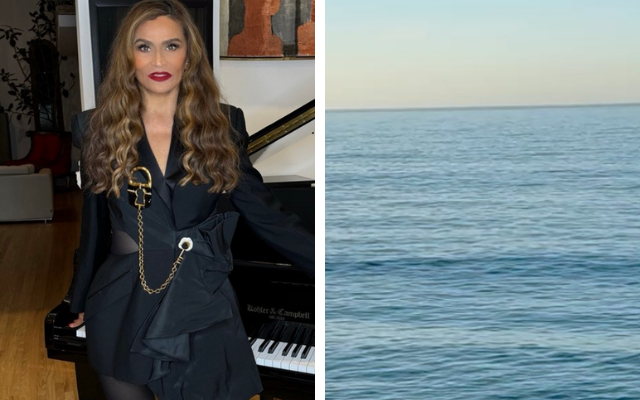Nancy Rotering was relieved when Illinois enacted its new assault weapons ban earlier this month: Had such a law been on the books earlier, the Highland Park mayor told me, her community might have been spared “the agony and the grief” it suffered last year, when a 21-year-old with a semiautomatic rifle opened fire on an Independence Day parade, killing seven people and injuring dozens of others. “We got it done,” Rotering said of the law. “I’m proud of Illinois for setting an excellent standard.”
But the law, signed by Governor JB Pritzker on January 10, is facing not only the inevitable barrage of legal challenges that always spring up in response to gun control measures—it’s being undermined by the very officials tasked with enforcing it. More than 90 sheriffs in a state of 102 counties have vowed to defy the Protect Illinois Communities Act, claiming in nearly identical statements—based on a template drafted by Jim Kaitschuk, executive director of the Illinois Sheriffs’ Association—that the law is unconstitutional. “The right to keep and bear arms for defense of life, liberty, and property is regarded as an inalienable right by the people,” read one iteration of the statement, issued by Sheriff James Mendrick of DuPage County, the most populous county to join the protest. “Neither myself nor my office will be checking to ensure that lawful gun owners register their weapons with the State, nor will we be arresting or housing law-abiding individuals that have been arrested solely for non-compliance of this Act.”
It’s unclear how much of an impact the sheriffs’ outrageous defiance could have on the law, as they share enforcement responsibilities with state and municipal police. But gun control proponents are concerned that it could undermine the gun-safety measure, erode public trust in the rule of law more broadly, and leave more Illinoisans vulnerable to gun violence. “I think it’s embarrassing for them,” State Representative Bob Morgan, the chief cosponsor of the bill, said of the sheriffs. The Democrat, who was at the Highland Park parade with his family last July and witnessed the massacre, told me over the phone that “they’re making political decisions about the safety of their community.”
“There’s a real impact of this chest-beating, these political statements,” Morgan added.
The Protect Illinois Communities Act—enacted in response to the Highland Park shooting and other acts of gun violence in the state—prohibits the manufacture and sale of assault weapons, high-capacity magazines, and “switches,” devices that can turn handguns and rifles into automatic weapons. Illinois is the ninth state in the country to pass such a ban, and it is one of several gun control victories over the past year, including the passage of the most significant federal gun-safety legislation in three decades.
“This law was extremely important to me and my family and my community, not just because of what we’ve been through, but because we’ve been so intently focused on trying to prevent this from happening to anyone else,” Morgan told me.
But the weeks since its enactment—during which dozens of high-profile mass shootings swept the country—have underscored the ongoing challenges the gun control movement is facing. Consider the array of lawsuits that have been filed against the Protect Illinois Communities Act, including by the National Rifle Association and the Illinois State Rifle Association; one suit, led by failed state attorney general candidate Thomas DeVore, resulted in an Effingham County judge issuing a temporary restraining order against the law, which applies only to the 865 plaintiffs and one gun shop in the legal action. Others challenging the law include Darren Bailey, the Donald Trump–backed Republican who unsuccessfully tried to unseat Pritzker in November, and two of the lawyers who helped get New York’s concealed carry law struck down last year by the Supreme Court in a decision that could dramatically limit what kinds of gun control measures states can enact.
Though Pritkzer said in a statement that he remains “confident” the law will hold up against the mounting challenges, the high court’s ruling looms large over the legal fight. So does another factor that has long undercut Illinois’s tough gun restrictions: the comparatively lax laws in neighboring states like Indiana and Missouri, which account for a significant portion of the weapons used in Chicago crimes. “None of us are islands,” as Rotering told me, and while the ban is a “step forward,” it can only do so much in the absence of federal action.





















Discussion about this post